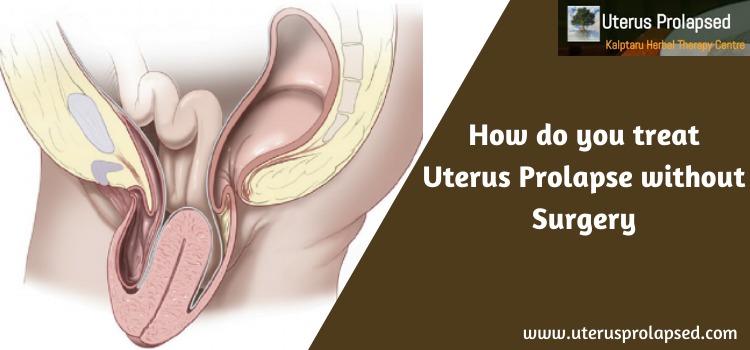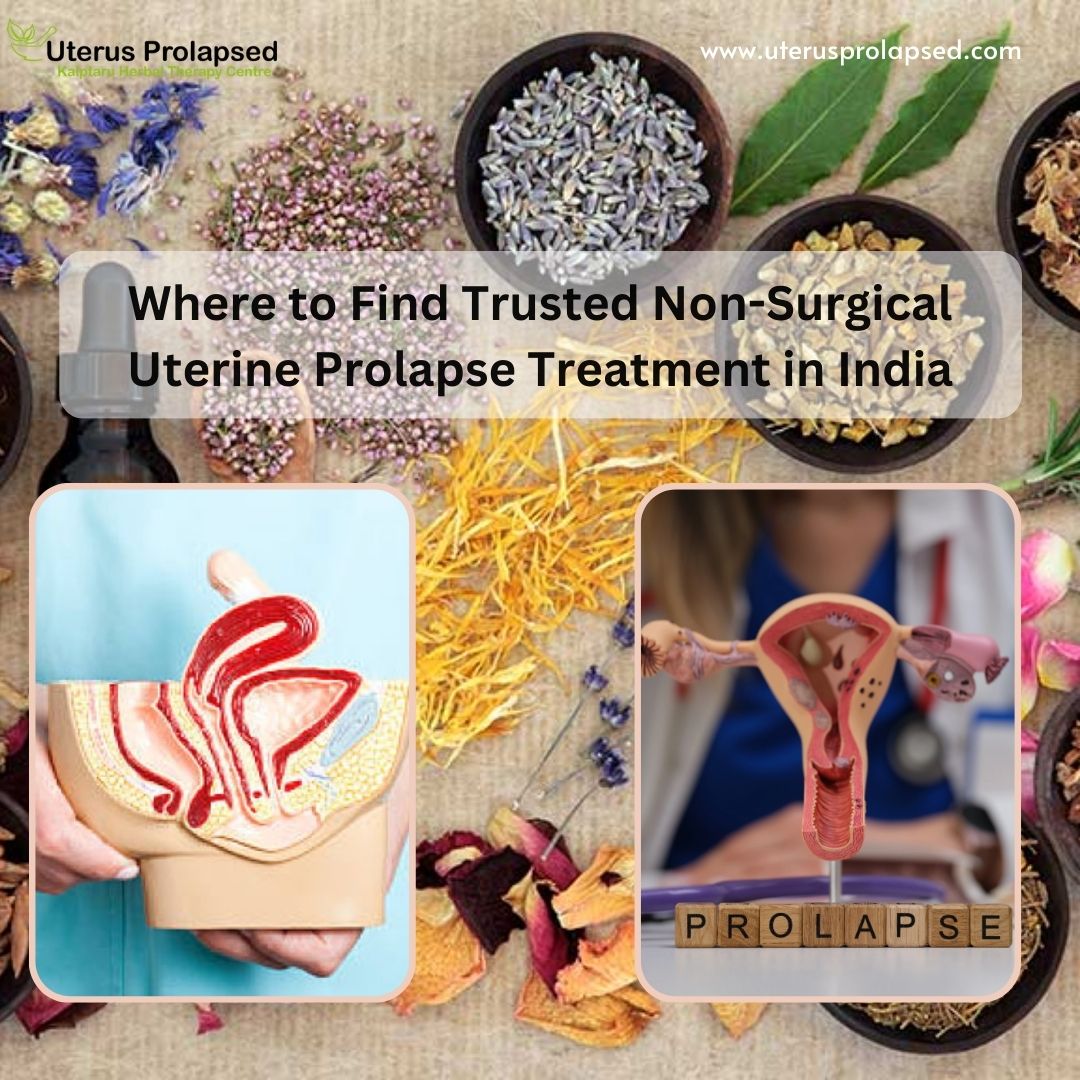A pelvic exam is often used to diagnose uterine prolapse.
During the pelvic exam, your doctor is likely to ask you the following questions:
As if having a bowel movement, bear down. Your doctor will be able to tell how far the uterus has slid into the vaginal canal if you bear down.
Tighten your pelvic muscles as though you’re trying to stop a stream of pee from flowing. This test determines how strong your pelvic muscles are.
You may be asked to complete a questionnaire to assist your doctor in determining how uterine prolapse affects your quality of life. This information helps in the treatment decision-making process.
Your doctor may suggest tests to determine how well your bladder works if you have severe incontinence (urodynamic testing). The degree of uterine prolapse determines the treatment. Your doctor may advise you to:
Self-care techniques. Simple self-care actions may offer comfort or assist avoid worsening prolapse if your uterine prolapse produces little or no symptoms. Self-care methods include strengthening your pelvic muscles with Kegel exercises, reducing weight, and addressing constipation.
Pessary. A vaginal pessary is a plastic or rubber ring that is placed into the vaginal canal to support bulging tissues. A pessary must be cleaned on a regular basis.
Surgery
Surgery to correct uterine prolapse may be recommended by your doctor. Vaginal or minimally invasive (laparoscopic) surgery may be a possibility.
The following procedures may be performed during surgery:
The weakened pelvic floor tissues are repaired. This operation is usually done via the vaginal canal, although it may also be done through the abdomen. To support your pelvic organs, the surgeon may transplant your own tissue, donor tissue, or a synthetic substance onto fragile pelvic floor components.
Your uterus will be removed (hysterectomy). In certain cases, a hysterectomy may be indicated for uterine prolapse. A hysterectomy is usually considered to be a fairly safe procedure, although every operation has the possibility of complications.
Discuss all of your herbal Uterus Prolapse treatment choices with your doctor to ensure you understand the risks and advantages of each so you can pick the best option for you.











